A strange thing happens to the Richard Jenkins character Miles in The Shape of Water. As a gay commercial artist, shy and middle-aged, he uses his mute Mexican immigrant neighbor Elisa Esposito (Sally Hawkins) as his wingman at a 1960s diner where a cute blond waiter works.
Miles has a long way to go; he expresses his romantic desire as hunger--by ordering slices of a flavorless pie. When he tells the waiter (Morgan Kelly) that he finds him tasty, the rejection Miles receives is painful enough to shut him back into his emotional closet.
Director Guillermo del Toro presents this scene and this character as evidence that the 1960s was a time of cruel oppression. He implies, "Aren't we better off today?" Well, the former might be true, but the latter might not be as true--especially when Hollywood panders to us.
There's a danger in taking for granted history's hard-won social and emotional battles as inferior to today's brash liberty and self-esteem.
This year, there have been movies and TV shows that flatter queer visibility without giving that experience recognizable depth. Mainstream media approval is not the same as sustenance or self-awareness, particularly when that awareness is contained within constant victimization and hurt, more than a confirmation of gay human identity. The best films reinforce our sense of being beyond a matter of "diversity" but--most importantly--of self-acceptance and personal confidence.
Confidence is what the mother of the gay youth in Andre Techine's Being 17 encouraged him to find. Confidence is what's missing in The Shape of Water's Miles, the young nun in Novitiate, and the self-denying lesbian of Thelma.
These three movies push queerness to bizarre extremes. Novitiate sentimentalizes almost a how-to handbook on lesbian cluelessness. It updates the eroticism of the 1930s German classic Maedchen in Uniform to close-quarters temptation during the same 1950s-60s setting as Todd Haynes' uninformed Carol. Novitiate's director Margaret Betts ignores Sister Cathleen's (Margaret Qualley) spiritual quest; instead, her sexual initiation by another novitiate, eerie Sister Mary Grace (Dianna Negron), is treated as a long-delayed goal. Cathleen's psychological needs take second place to sex. This drab, depressive film anticipates what might be a future of emotional disconnection.
Thelma is even odder. It mixes sci-fi speculation with sado-masochism in the story of a Norwegian teenager, Thelma (Ellie Harboe) who, despite a barbaric upbringing in a cruelly religious family that submits her to physical and psychological torture akin to conversion therapy, develops extrasensory powers. These gifts are awakened by her attraction to schoolmate Anja (Kaja Wilkins). Director Joachim Trier's metaphor for queerness seems jokey--almost freaky--in its suggestion of superpowers. Trier exploits millennial identity politics without the emotional passion that made Brian DePalma's fairy tale/horror movie Carrie a classic depiction of adolescent "difference" that queers can recognize and sympathize with in realizing their own humanity.
But The Shape of Water is this year's most offensive queer exploitation. Del Toro's sexual analogies begin with Sally Hawkins masturbating to an egg-timer. It's a metaphor for fanboy adolescence--a key to the film's story of repression and oppression that turns into bestiality, literally a wet dream that sentimentalizes gayness.
Elisa's romance with an amphibious creature called the Asset by government scientists during the film's Cold War-era setting, recalls the '80s monster movie parody Swamp Thing. Happy about fucking a virtual fish, Elisa cries, "He doesn't see what I lack. He takes me for what I am." Yet, her use of the word "lack" is not semiotic lingo but part of del Toro's clueless idea that queerness is a deficiency.
Even when del Toro shifts into a disruptive musical fantasy sequence where mute Elisa sings, he lacks the camp sense to make the irony powerful rather than corny. His sci-fi twerpiness takes the gay affinity for movie culture (the transference of hidden emotion that Terence Davies uses so effectively in The Long Day Closes) and gets it wrong. Elisa sings "You'll Never Know," the same Alice Faye tune that Martin Scorsese used in Alice Doesn't Live Here Anymore in his contrast of traditional pop culture to rock 'n' roll revolution. But del Toro rolls back gay pop insight.
There's no revolution when these movies use queerness to prop up rickety, formulaic stories. Separating gays from the rest of humanity, simply by highlighting oppression is unhelpful. Del Toro's "minority" characters are threatened by a typical white racist hetero male (Frankensteinian Michael Shannon, seen brutally fucking his submissive wife) which merely flips another oppressive cliche. It's ironic for an era that pretends to champion diversity. We can no longer afford to see our opponent as evil without examining the humanity we share. These sexual fantasy movies exploit queerness for cheap thrills.






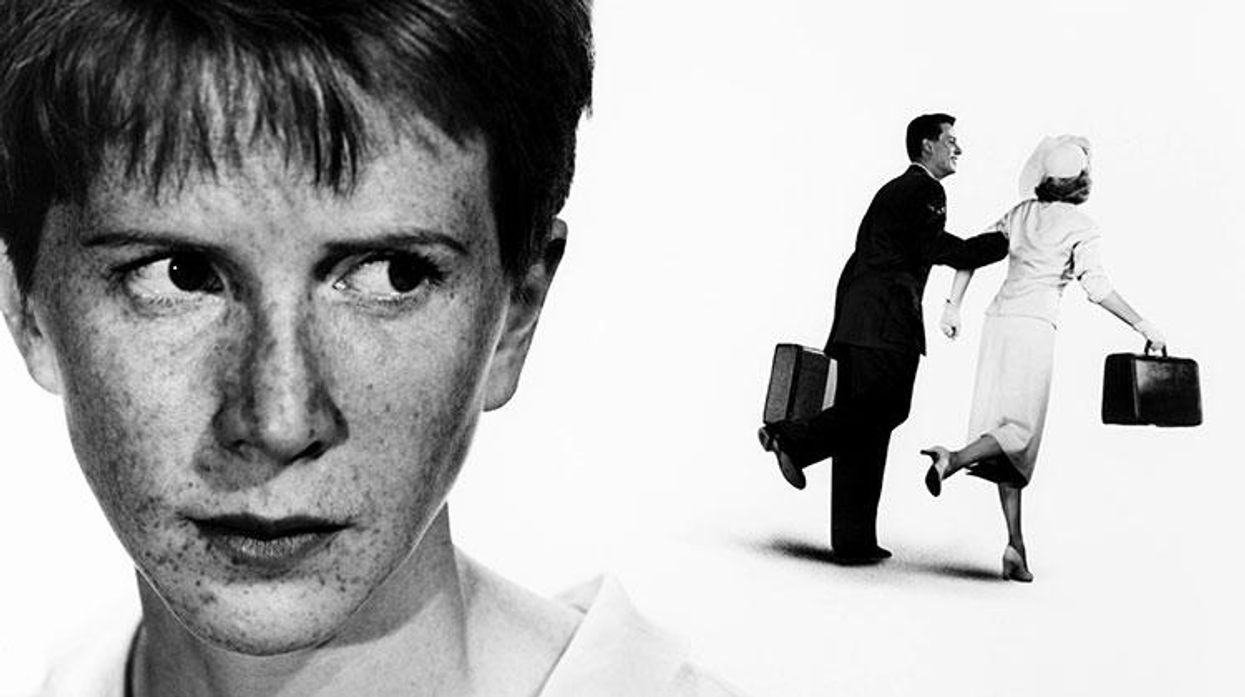
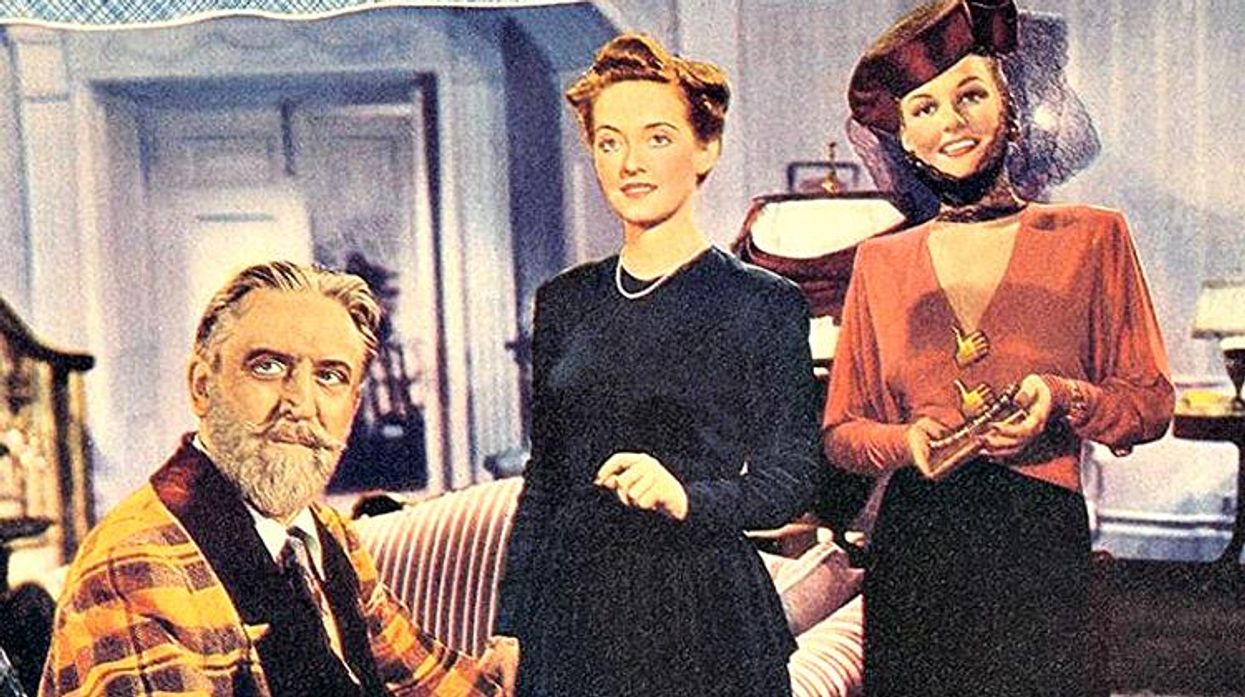
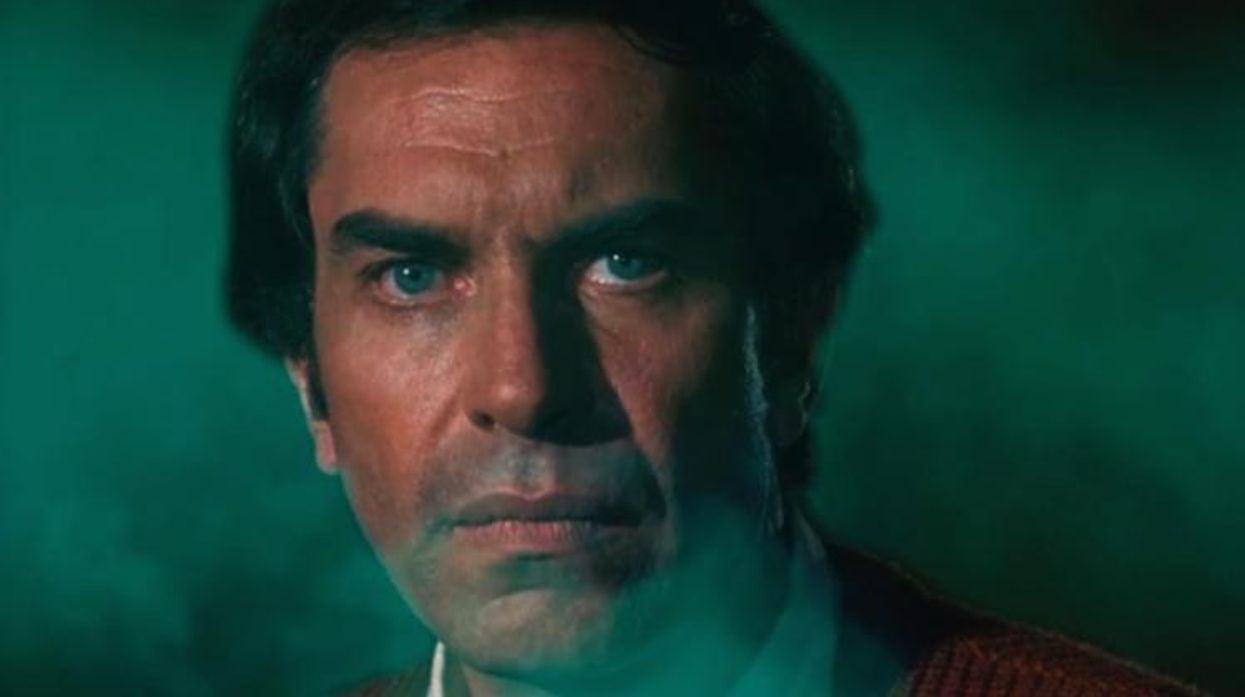

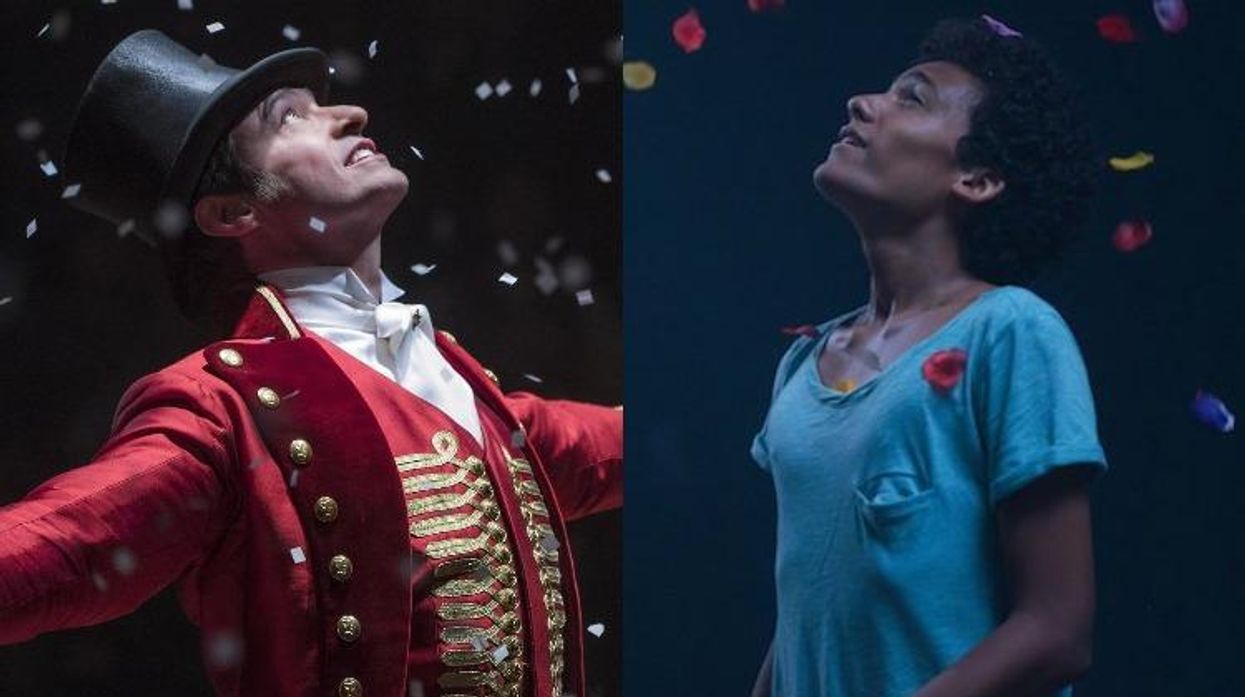
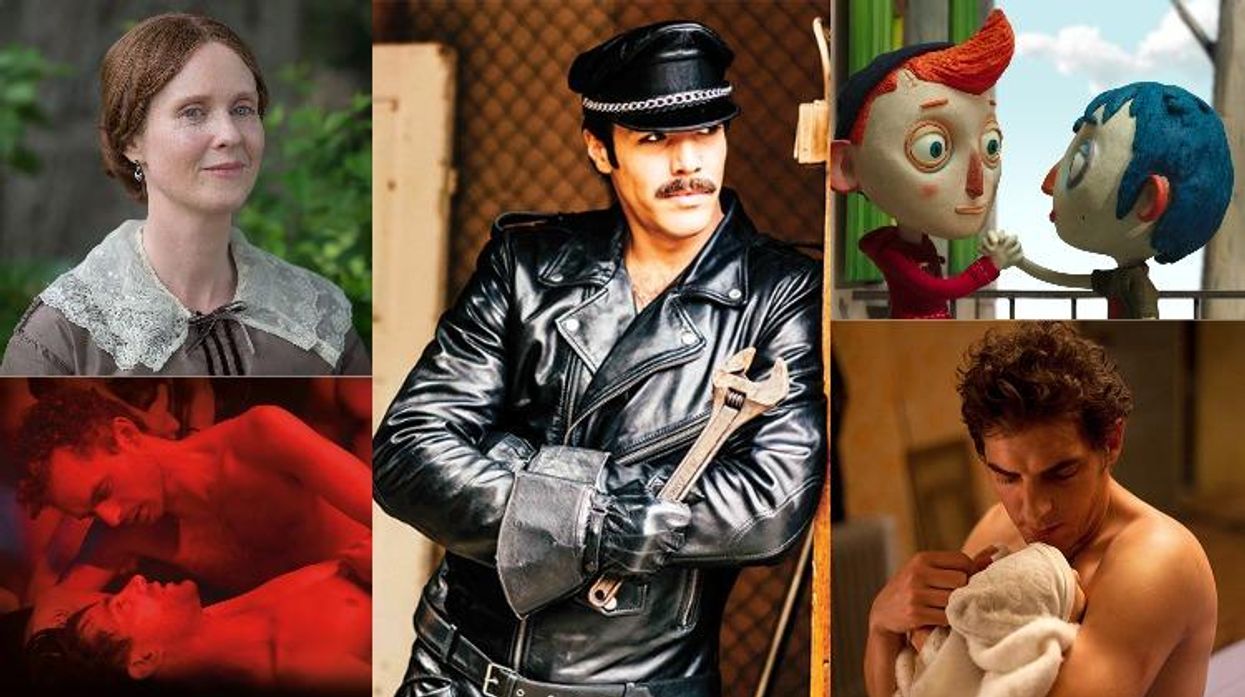














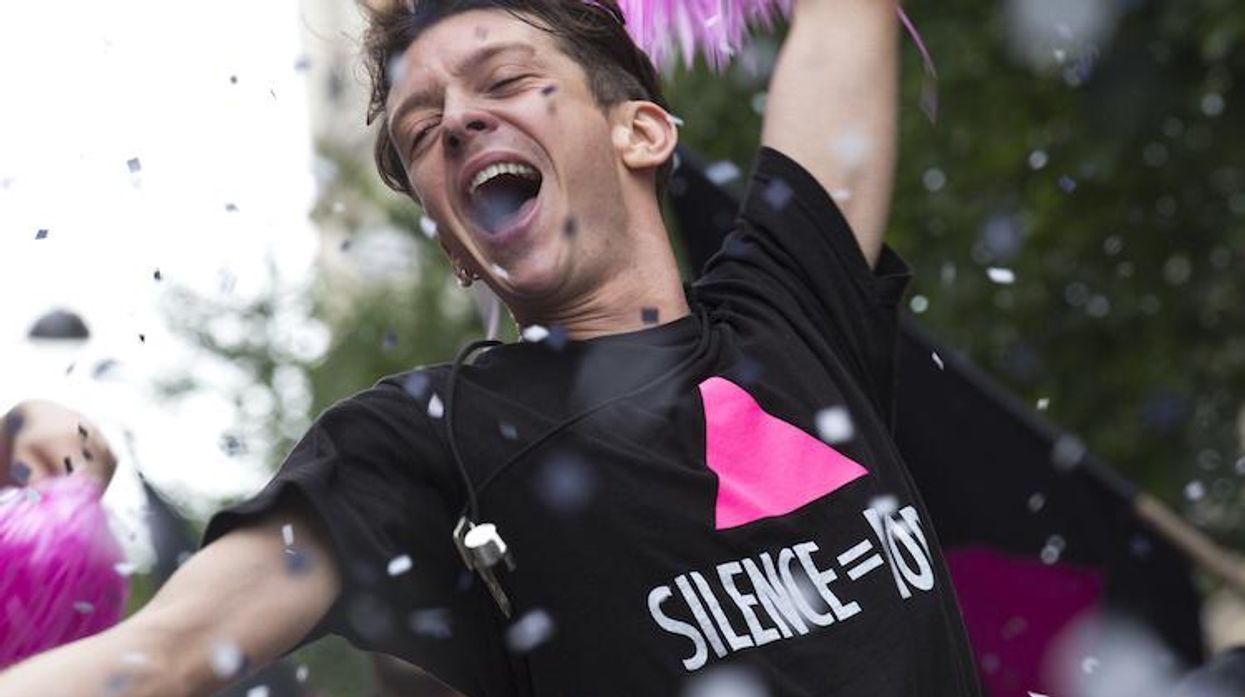


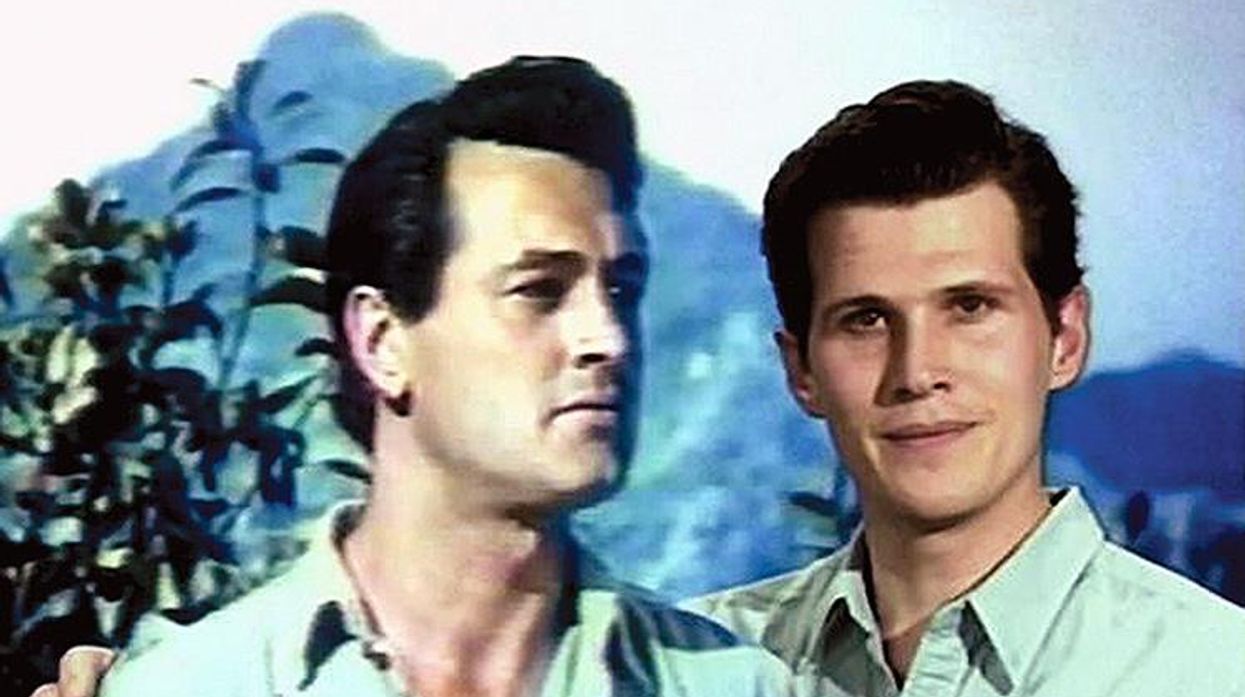
I watched the Kid Rock Turning Point USA halftime show so you don't have to
Opinion: "I have no problem with lip syncing, but you'd think the side that hates drag queens so much would have a little more shame about it," writes Ryan Adamczeski.